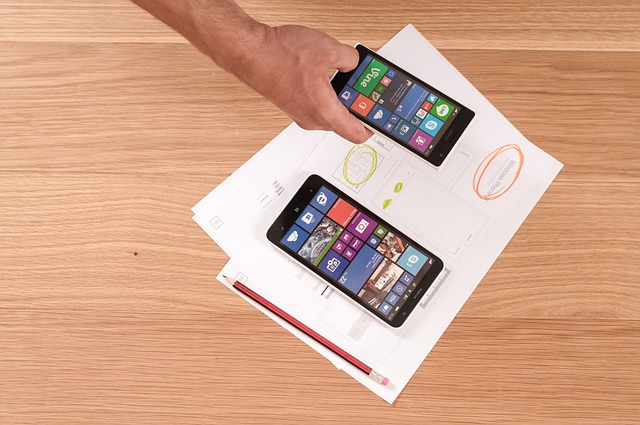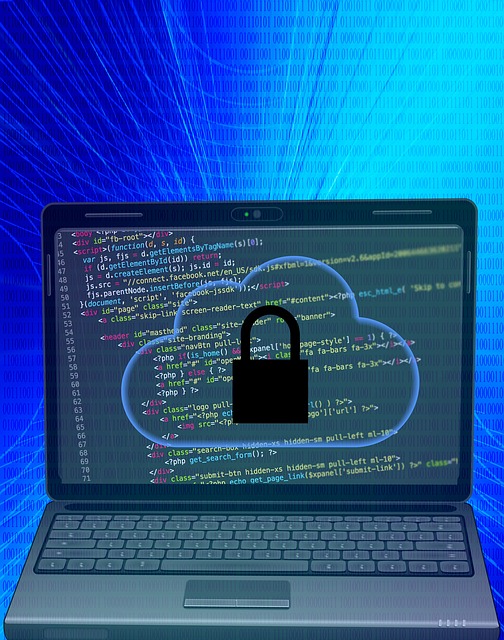Just as we stepped into this decade, we were faced with changes in the workplace. We were practically forced to interact with technology both at home and at work. We have become more dependent on our mobiles and personal devices to complete our work due to the new work from home (WFH) situation. We now can at any given location and conduct our work, shop, order food and other services, take care of government issues, and much more from our mobiles. However, with the greater mobility of information comes to a greater risk of security.
The days when employees worked from their cubicle on their company’s computer using the company’s landline are long gone. Employees now connect their own devices to the company’s network and upload info and download business data. Although these BYOD (Bring Your Own Device) policies seem more convenient and flexible, they pose a greater risk of leaking and hacking important business data.
We have gathered expert opinions on this new trend in the workforce and how it will affect cybersecurity in the year to come.
Eric A. Williams, the CEO, and founder of ijura believes that these BYOD policies are enticing to many companies because they increase productivity and lower operational costs.
He states that BYOD strategies “have arguably saved companies millions in operational costs each year while also increasing productivity. However, that means your employees are going to access sensitive business content on the same device from which they are checking Facebook and emailing friends. Personal apps can be a serious exposure point, as many hackers use legitimate apps to create with users whilst getting them to pass over sensitive information or download malicious content. People make ill-advised decisions about the apps that are able to see and transfer their information, e.g., gaming apps that hide the open and gain your trust before stealing data. He concludes that although companies may have tight cybersecurity, cybercriminals can still find ways to outsmart trusting users. The risks further increase because each device and user adds a new portal for hackers to use.
Tom Tavor, CEO of Appdome, also believes that apps with low or no protection give cybercriminals a chance to steal company data. He quoted, “Mobile hackers have discovered that 85% of mobile apps have little to no protection, which allows the criminals to continuously harvest connections, resources, and infrastructure from mobile consumers and mobile businesses by targeting these unprotected mobile apps. In the past, hackers spent most of their time on the mobile infrastructure. Today, hackers can easily find an unprotected mobile app and use that unprotected app to design larger attacks or steal data, digital wallets, backend details, and other juicy bits directly from the app.”
It seems BYOD policies give employees greater flexibility and save companies a bundle of money, but is it worth exposing sensitive data to such high risks? One thing all the experts agree upon is that companies need to build better security around mobile endpoints that connect to their networks and data. Many workers have now adjusted to working from BYODs that it is highly unlikely they will return to working solely from their cubicle.



